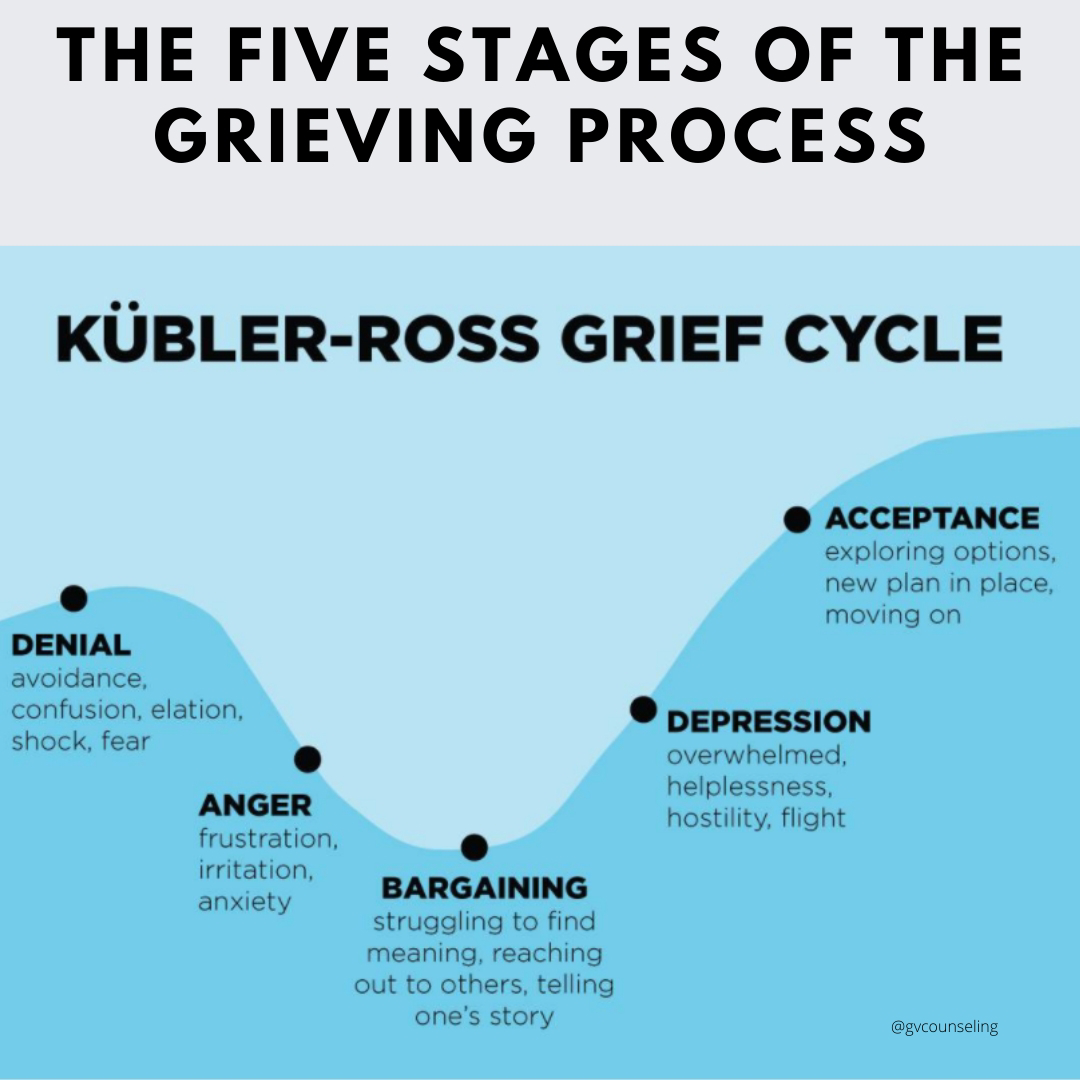Helping Neodarwinists with the Five stages of Denial
The stages of denial as applied to the eclipse of neo-Darwinism are:
Shock and disbelief: Neo-Darwinists are initially shocked and refuse to believe that their theory is being eclipsed. They may point to the fact that neo-Darwinism is still the dominant paradigm in biology, and that there is no single unifying theory to replace it.
Anger and defensiveness: As the evidence against neo-Darwinism mounts, neo-Darwinists become angry and defensive. They may attack the critics of neo-Darwinism, accuse them of being unscientific, or dismiss their work as irrelevant.
Bargaining: Neo-Darwinists may try to bargain with the critics of neo-Darwinism. They may offer to modify the theory to accommodate some of the critics' concerns, but they will not abandon the theory altogether.
Depression: As the evidence against neo-Darwinism becomes overwhelming, neo-Darwinists may experience depression. They may feel like their world is crumbling, and they may lose faith in science altogether.
Acceptance: Eventually, neo-Darwinists may come to accept the eclipse of their theory. They may still believe that neo-Darwinism is a good approximation of the truth, but they will acknowledge that it is not the complete story.
It is important to note that these stages are not always linear. Neo-Darwinists may experience all of these stages, or they may skip some of them. The process of coming to terms with the eclipse of neo-Darwinism can be a long and difficult one.
Here are some of the evidence that neo-Darwinism is being eclipsed:
The discovery complexity of biological systems that cannot be explained by the gradual accumulation of mutations.
The observation that evolution often occurs in rapid bursts, rather than the slow, gradual process predicted by neo-Darwinism.
The discovery of epigenetics, which shows that genes can be turned on and off by environmental factors without NeoDarwinism.
These are just a few of the challenges that neo-Darwinism is facing. It is likely that it will eventually be replaced by a new paradigm.




Comments
Post a Comment